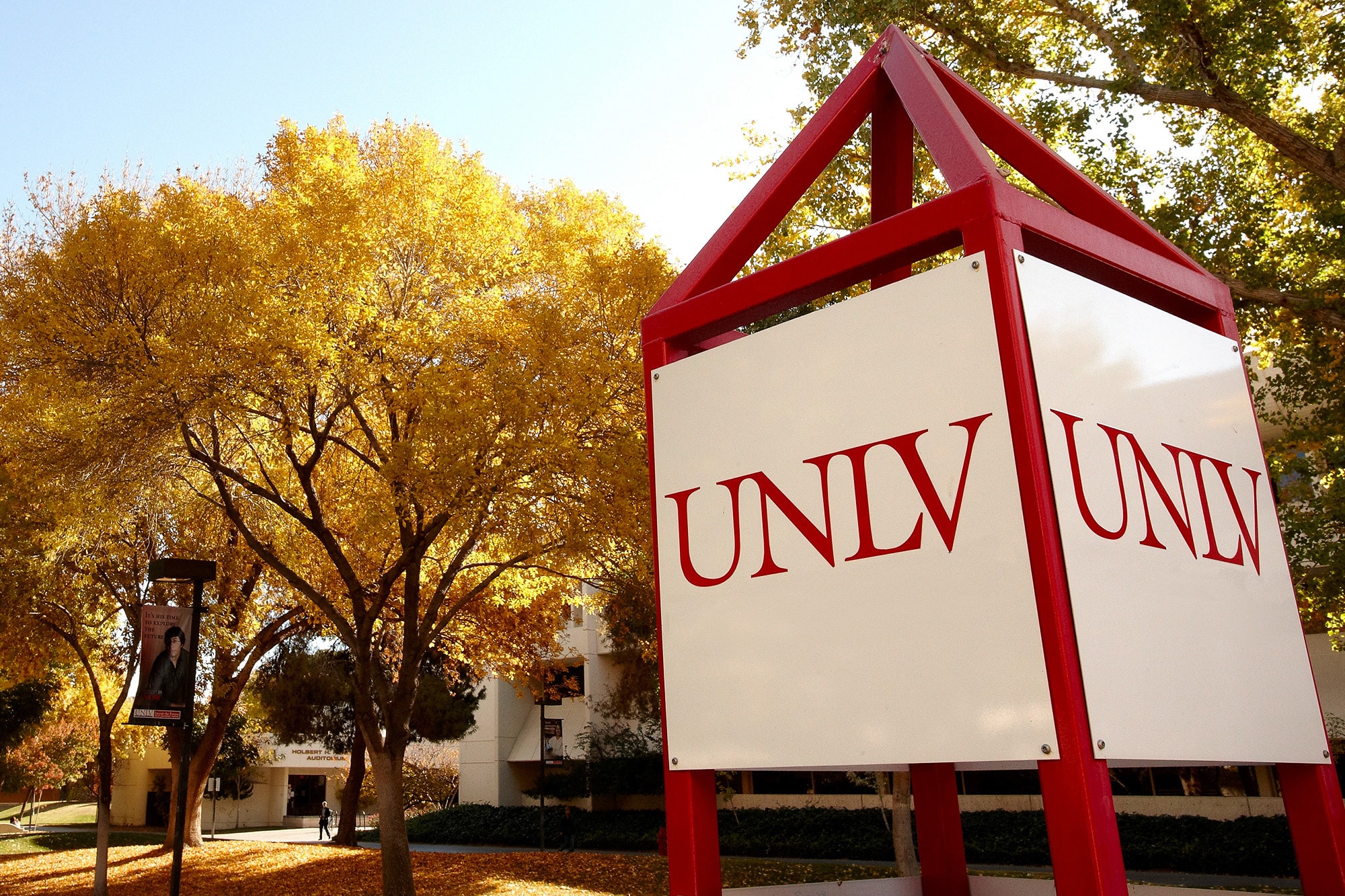On the 45th anniversary of the Cuban Missile Crisis, a newly published article by UNLV chair and professor of marketing, Michael LaTour, suggests U.S. hospitality industry-sponsored, cross-cultural research can help rebuild our business relationship with Cuba. The article, written in collaboration with Sergei Khrushchev, son of the late Soviet Premier Nikita Khrushchev, and Tony Henthorne, a professor at the University of Southern Mississippi, offers both personal insight and current qualitative research on the business and hospitality climate in the United States and Cuba.
The authors find that Cuban hospitality managers, reflecting the views of many Cuban people, have a pervasive and deep distrust of U.S business interests. However, they note that U.S. dollars are very much desired in the Cuban economy. The authors contend that, if the current embargo which limits American businesses from conducting business with Cuban interests were lifted, carefully designed cross-cultural research could be a way for U.S. hospitality business to get its foot in the door in Cuba, providing an historic investment in the remake of the country, while dispelling some of the distrust of America.
"We see an historic opportunity for profitable investment in a new Cuba," said LaTour." "Dr. Khrushchev's experience and insight was key in this research on the magnitude of Cuban distrust of the U.S. and U.S. business interests. Through his personal experiences and our joint research, we found a strong need for an expanded cross-cultural research agenda designed to dig deeply into this problem; and, eventually, lead to an intelligent bridge-building in a post embargo Cuba."
LaTour said that based on the research found in the article, now is the time to advance "prescriptive insight" in order to shift the thinking of the U.S. business economy about Cuba; and, in doing so, shift the thinking of the Cuban government, businesses and people about the United States.
The article, "Cuba at the Crossroads: The Role of The U.S. Hospitality Industry in Cuban Tourism Initiatives," appears in the November issue of Cornell Quarterly, but is accessible for a limited time at http://cqx.sagepub.com/.



